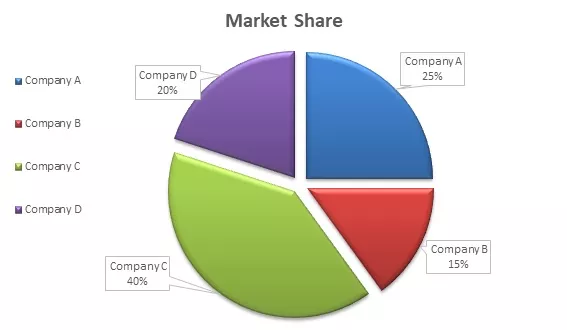It is debateable whether Linux is increasing in desktop market share or not although it is killing (in the form of Android, for whatever that’s worth) in the mobile phone business. I think Linux probably is increasing in desktop market share or perhaps number of installations if not increasing as a percentage because I have come across more and more people in the last few years who are using it. I recently saw someone post on Facebook (who I have not influenced) that they haven’t had any computer virus problems since they have been using Linux.
I have been reading this blog of the HeliOS Project for a long time:
Thanks to Ken Starks there are thousands of Linux computers out there in Texas homes (now doing 300-400 per year and doing it since 2002) helping less fortunate kids get an education. Not only has he endured technical and political challenges but note where he mentions he took a stabbing in the course of trying to deliver a computer to some kids. That’s dedication!
And obviously Mac has gained market share in recent years which is surely where most of the Windows share is going.
As markets mature they have historically had a tendency to standardize on open standards and I think we are finally beginning to see that in the computer business. Decades ago the hardware and software were both completely proprietary. Then the hardware became somewhat standard with the introduction of the PC as a platform as IBM hardware went by the wayside. Then networks were standardized on ethernet and TCP/IP and the various proprietary networking protocols and hardware went away. And now we see the beginning of serious change affecting the average user in the software side of things. It’s a good day.
